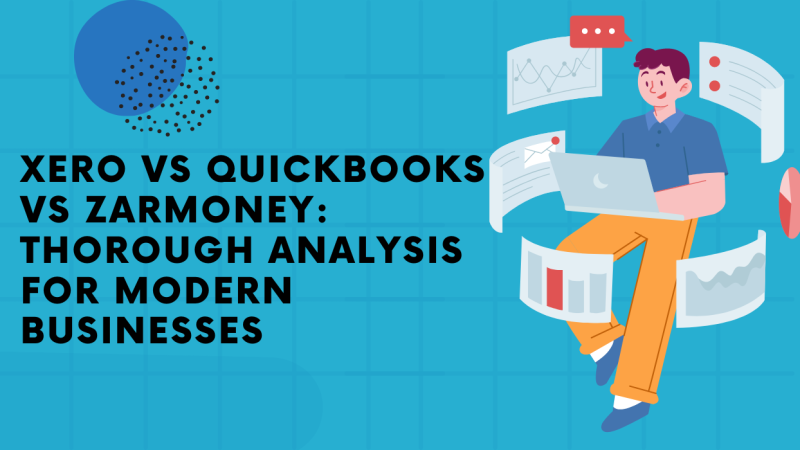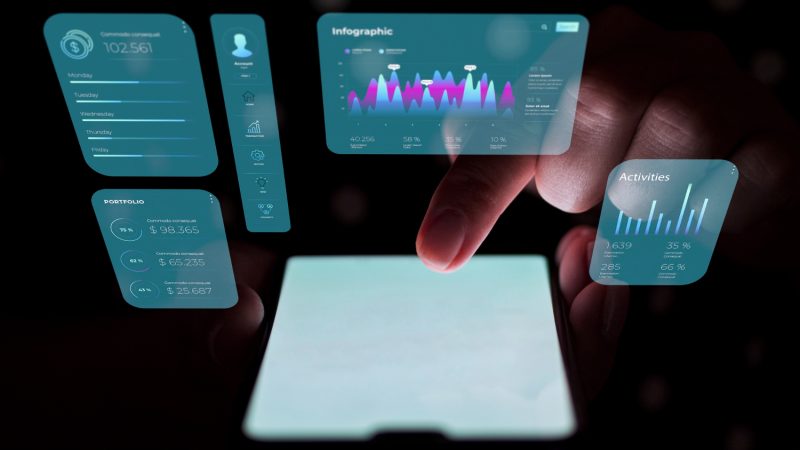Should your business have a disaster recovery plan?

Businesses around the world are doubtless hoping that COVID19 was the worst disaster they will ever see. Hopefully, they are right. As the old saying goes, however, hope is not a strategy. A disaster-recovery plan is a strategy. Here are just three of the main reasons why your business should have one.
Prevention is more affordable than cure
One of the key lessons from COVID19 is that the effects of disruption can last a lot longer than the event that caused it. For example, after the COVID19 shutdowns were ended, businesses could not just open their doors and get back to business as usual. It took time for the global supply chain to get back into (relatively) normal standards of operation.
That is, of course, an extreme example but the principle stands for any event. If a business has to be shut down, or even if it’s just slowed down, it will need time to restart. The longer the disruption, the more time it is likely to need – if it survives at all. By contrast, if a business has a robust disaster-recovery plan in place, it has a much better chance of being able to keep going as normal.
Downtime costs businesses money both directly (in ongoing costs) and indirectly (in lost opportunities). This cost is likely to be much higher than the cost of developing and implementing a robust disaster-recovery plan. That’s even before you factor in the potential cost of paying compensation or even fines.
It helps with customer retention
In the business-to-business sector, it is becoming increasingly common for clients to request information about a potential supplier’s disaster-recovery plans. Even if they don’t, it’s very likely that they’ll want guaranteed service standards. By definition, these need to be met regardless of what’s happening behind the scenes.
This means that businesses with IT disaster recovery services have a clear advantage over those that don’t. They are in a much better position to reassure potential customers that they are not going to have to deal with the consequences of their service being disrupted.
In the business-to-consumer sector, some customer segments are taking a growing interest in their supplier’s disaster-recovery plans. It’s reasonable to expect this awareness to increase over time.
Right now, consumers may not think to ask upfront about your disaster-recovery plans. They will, however, certainly let you know their opinions if you are unable to serve them. They are also very likely to vote with their wallets and find another provider who seems more reliable.
It encourages you to think about your business processes
A disaster-recovery plan is essentially a plan for making sure that you can carry on doing what you’re doing now regardless of what happens. This means that you can only create a disaster-recovery plan if you actually know what you’re doing now. You also need to know how you’re doing it. It also helps if you have at least some idea of your plans for the future.
This may seem like stating the obvious. In reality, however, even now, businesses can vary widely in their understanding of what it is they do and how they do it. Newer businesses may have planned and documented their operations from the ground up right from the start.
Older businesses, on the other hand, are much more likely to be dealing with legacy systems and processes that are, at best, poorly documented. In some cases, nobody may really understand either why they are used or how they work.
The process of creating a disaster-recovery plan, therefore, gives businesses a chance to assess their current operational practices and see where they could do better. This can put them on a much stronger footing going into the future. In particular, it can make it much easier for businesses to scale up with confidence.
Author Bio
Luke Watts is the Managing Director of RoundWorks IT, which are specialists in managed IT services, including, backup and disaster recovery, cyber security and more for businesses across East Midlands.






